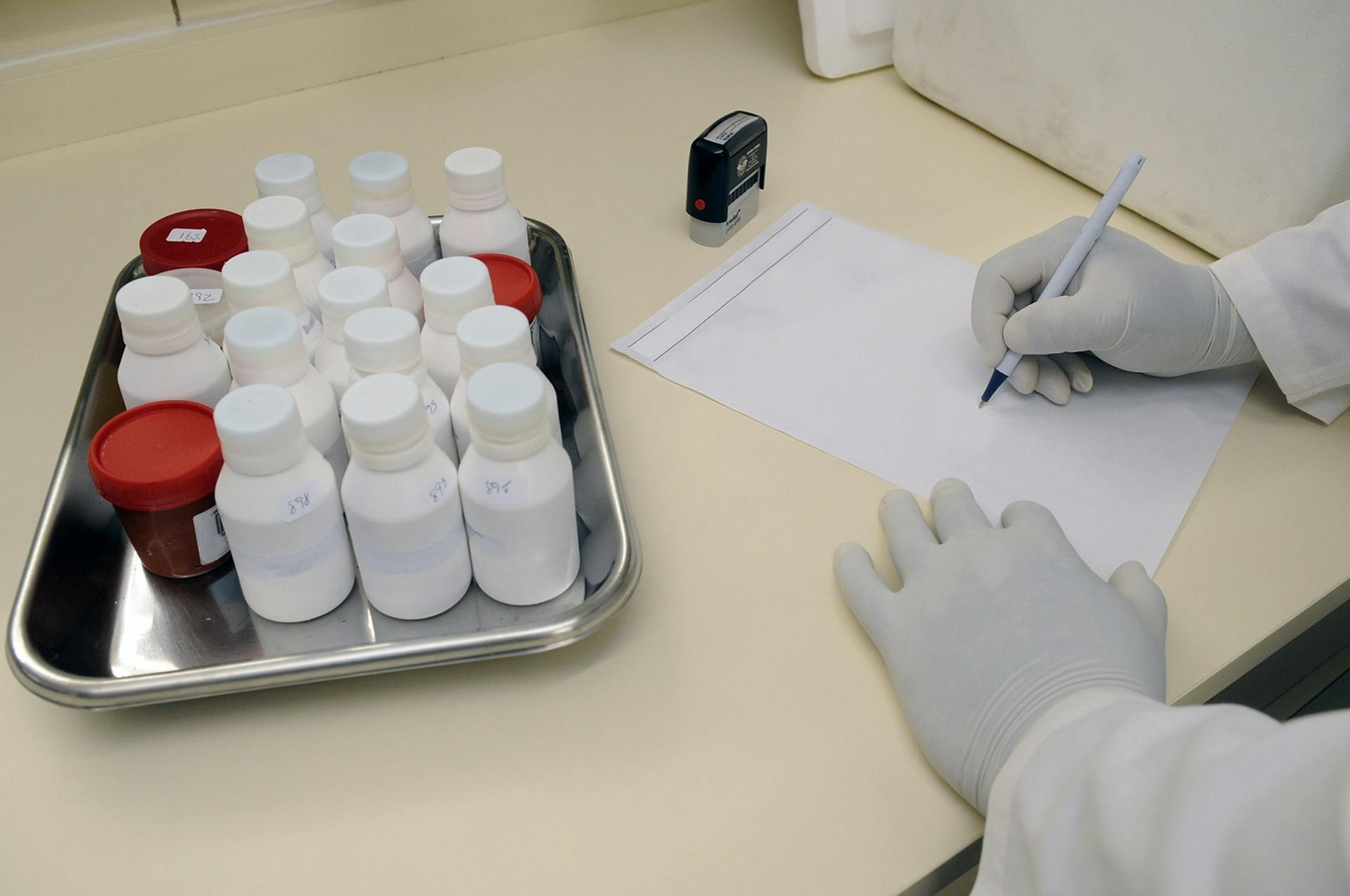Regular health check-ups are a cornerstone of proactive healthcare and play a crucial role in maintaining overall health and well-being. These routine evaluations offer numerous benefits, ranging from early detection of diseases to personalized health management. This comprehensive discussion explores the various advantages of regular health check-ups, how they contribute to long-term health, and their impact on healthcare outcomes.
1. Early Detection of Health Issues
Disease Prevention: Regular health check-ups are instrumental in identifying potential health issues before they develop into serious conditions. Early detection of diseases such as hypertension, diabetes, or cancer can significantly improve treatment outcomes and reduce the risk of complications.
Screening Tests: During check-ups, healthcare providers conduct various screening tests based on age, sex, and risk factors. These tests can reveal conditions like high cholesterol, abnormal blood sugar levels, or cancer markers, allowing for timely intervention.
Symptom Identification: Even in the absence of symptoms, regular check-ups can uncover underlying health issues. For example, routine blood tests can identify metabolic abnormalities or deficiencies that may not yet present with noticeable symptoms.
2. Management of Chronic Conditions
Monitoring Progress: For individuals with chronic conditions such as diabetes, hypertension, or asthma, regular check-ups are essential for monitoring disease progression and adjusting treatment plans. This ongoing assessment helps manage symptoms effectively and prevents exacerbations.
Medication Adjustment: Regular evaluations allow healthcare providers to review and adjust medications as needed. This ensures that treatments remain effective and minimizes the risk of adverse effects or drug interactions.
Lifestyle Recommendations: During check-ups, healthcare providers can offer personalized advice on lifestyle modifications, including diet, exercise, and stress management, which are crucial for managing chronic conditions and improving quality of life.
3. Prevention and Health Promotion
Vaccinations and Immunizations: Regular check-ups provide an opportunity to receive necessary vaccinations and immunizations, such as flu shots or booster doses. Staying up-to-date with vaccinations helps protect against infectious diseases and contributes to public health.
Health Screenings: Routine screenings for conditions like high blood pressure, high cholesterol, and certain cancers (e.g., breast, prostate, or colon cancer) are integral to preventive care. Early detection through these screenings can lead to more effective treatment and better outcomes.
Health Education: Check-ups offer a platform for healthcare providers to educate individuals about healthy habits and preventive measures. This education empowers individuals to make informed choices about their health and reduce their risk of developing chronic conditions.
4. Personalized Health Management
Tailored Health Plans: Regular check-ups allow healthcare providers to create personalized health management plans based on individual health needs, risk factors, and medical history. This personalized approach enhances the effectiveness of interventions and supports overall well-being.
Risk Assessment: During check-ups, healthcare providers assess individual risk factors for various diseases based on genetics, lifestyle, and family history. This risk assessment informs preventive strategies and personalized recommendations to address specific health concerns.
Goal Setting: Regular health evaluations provide an opportunity to set and review health goals. Whether it’s achieving a healthier weight, improving fitness levels, or managing a chronic condition, setting goals and tracking progress helps individuals stay motivated and focused on their health.
5. Building a Strong Patient-Provider Relationship
Trust and Communication: Regular check-ups foster a strong relationship between patients and healthcare providers. Open communication and trust enable more accurate assessments, better adherence to treatment plans, and a more collaborative approach to health management.
Continuity of Care: Routine visits ensure continuity of care, allowing healthcare providers to track changes in health status over time. This continuity is crucial for maintaining a comprehensive understanding of an individual’s health and providing consistent care.
Health History: Regular check-ups help build a detailed health history, which is valuable for identifying trends, understanding health patterns, and making informed decisions about future care.
6. Cost-Effectiveness
Reducing Healthcare Costs: By detecting and addressing health issues early, regular check-ups can help avoid costly emergency treatments and hospitalizations. Preventive care and early intervention are often more cost-effective than treating advanced diseases.
Insurance Benefits: Many health insurance plans cover preventive services and regular check-ups. Taking advantage of these benefits can reduce out-of-pocket expenses and ensure access to necessary care.
Long-Term Savings: Investing in regular check-ups and preventive care can lead to long-term savings by preventing serious health conditions that may require extensive and expensive treatments.
7. Mental and Emotional Well-Being
Peace of Mind: Knowing that health issues are being monitored and managed can provide peace of mind and reduce anxiety about potential health concerns. Regular check-ups offer reassurance and confidence in one’s health status.
Addressing Concerns: Check-ups provide an opportunity to discuss any health concerns or symptoms with a healthcare provider. Addressing these concerns promptly can alleviate worry and contribute to mental and emotional well-being.
Support System: Regular interactions with healthcare providers create a support system for individuals, offering guidance, encouragement, and a sense of partnership in maintaining health.
8. Special Considerations for Different Populations
Children and Adolescents: Regular check-ups are crucial for monitoring growth and development, administering vaccinations, and addressing any health issues specific to children and adolescents. Early intervention during these formative years sets the foundation for lifelong health.
Older Adults: For older adults, regular check-ups are essential for managing age-related health conditions, monitoring cognitive function, and ensuring appropriate screenings. Regular assessments help address the unique health challenges associated with aging.
Pregnant Women: Expectant mothers benefit from regular prenatal check-ups to monitor the health of both mother and baby, manage pregnancy-related conditions, and provide prenatal education and support.
Conclusion
Regular health check-ups are a fundamental aspect of proactive and preventive healthcare. They offer a multitude of benefits, from early detection and management of chronic conditions to personalized health promotion and cost savings. By maintaining regular appointments with healthcare providers, individuals can safeguard their health, address potential issues before they become serious, and foster a collaborative approach to health management. Embracing the practice of regular check-ups ultimately contributes to a healthier, more fulfilling life and enhances overall well-being.

